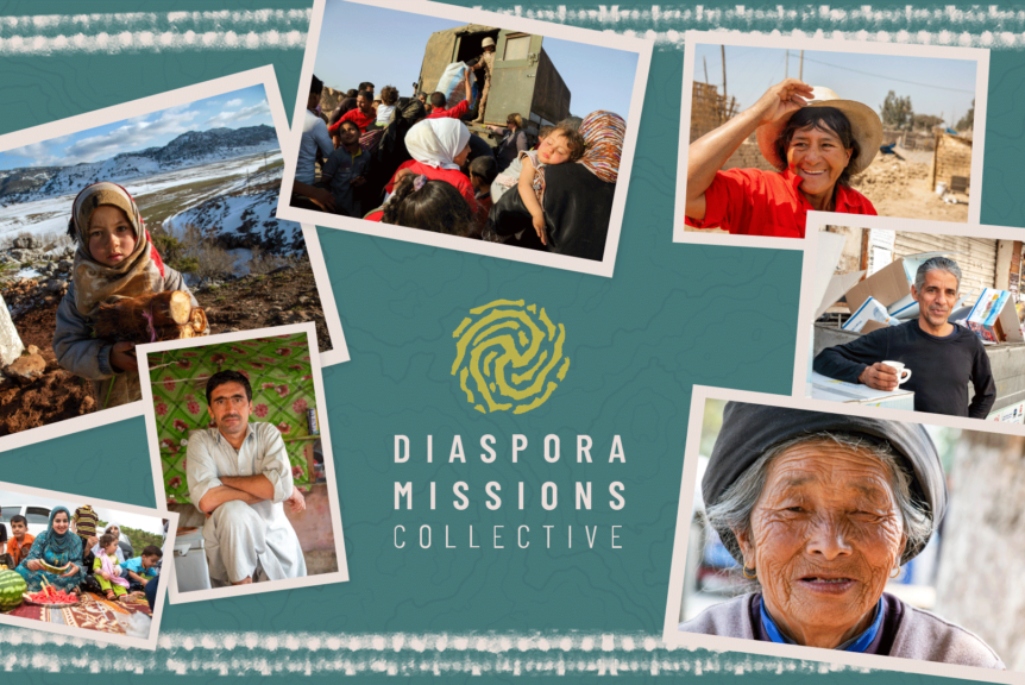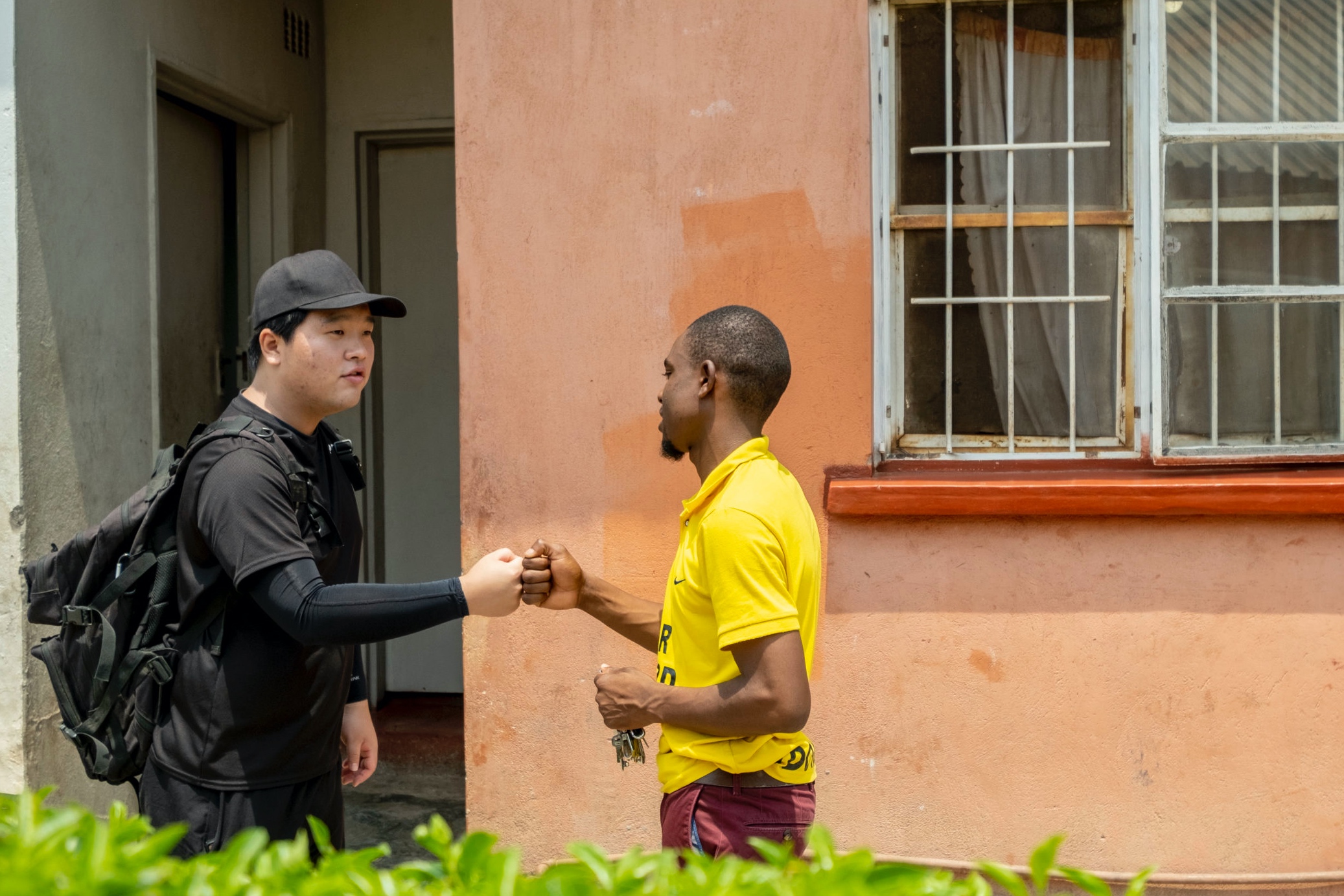
The call to reach all nations, people, languages and tribes with the gospel has always united Southern Baptists. Today that call includes reaching other nations that come to North American soil. With a renewed commitment to assist churches in connecting with internationals close by, the International Mission Board, North American Mission Board, Send Relief and Woman’s Missionary Union are uniting to better serve churches focusing on the missionary task in every community.
John Barnett, director of the diaspora mobilization team, is leading this Southern Baptist partnership. Though Barnett is a joint staff member of IMB and NAMB, the diaspora ministries will be supported cooperatively by several partnering entities through the Diaspora Missions Collective, with representatives from SBC entities plus seminaries, state conventions and associations. Many of the ministries will be supported through gifts to the Cooperative Program, which remains a critical way to fund reaching the lost with the Gospel.
Training is a key role of the ministry. The Diaspora Missions Collective is building a collaborative platform of videos, webinars, training tools and best practices that churches and individuals can access free of charge. It is also offering regional, in-person training events and opportunities for dedicated groups to join cohorts who will unify around the purpose of sharing the good news of Jesus Christ with internationals.
“The nations are on the move,” Barnett said. “The U.S. has never been more interconnected to other people groups, yet we remain culturally apart.”
Barnett explained that the renewed commitment to reach immigrants, international students and refugees shows a unity of Southern Baptists around the missionary task. Most people are aware of the internationals moving into their communities and they are willing to get to know them, be a part of their lives and, most importantly, share the Gospel. What they need most is training and equipping to do those things.
“We see the Diaspora Missions Collective as an opportunity to cast vision, mobilize and equip North American churches to not only engage people groups globally, but also fulfill the core missionary tasks among diaspora people groups who reside in our own neighborhoods,” Barnett said.
“Our service to internationals shows our interconnectivity as Southern Baptists,” he added.
He gave the example of an Afghani man named Ibrahim who was stranded at a subway station in New York City. Barnett called a Send Relief worker in the area. That worker, who was active in refugee ministries, was just a few blocks from the station and went quickly to help Ibrahim. Within a few weeks, Ibrahim built relationships with Christians in the area. He got the aid he needed, and he also received access to the Gospel. Ibrahim accepted Christ as his Savior and Lord and is now meeting with other believers at a NAMB church plant in New York.
As more internationals are reached with the Gospel, the hope is that more church plants will grow in North American cities. IMB missionaries and alumni will provide their knowledge and experience of cross-cultural evangelism and can help to leverage their connections to the people groups overseas and long-term missionary presence among the nations.
“We’re just scratching the surface of how we use our relationships, geography, connections and ministries to build bridges to the Gospel,” Barnett said. “What we see already is how God uses Southern Baptists’ cooperative spirit to bring out the best in us for His purposes.”
Globally, more than 114 million people are forcibly displaced. In the U.S., more than 46 million people were born in other countries. In addition, more than 1 million international students currently live in the U.S. This is part of a missiological shift that is only increasing each year. Barnett, along with SBC leaders, believes that Southern Baptists are uniquely equipped to reach the lost, both at home and to the uttermost parts of the world. The Diaspora Missions Collective will serve those who are ready to take the Gospel across cultural boundaries.
Find out more at dmcollective.org or contact [email protected]. Resources are available now and more will be added in the future.
(EDITOR’S NOTE – Leslie Peacock Caldwell is managing editor at the IMB.)


